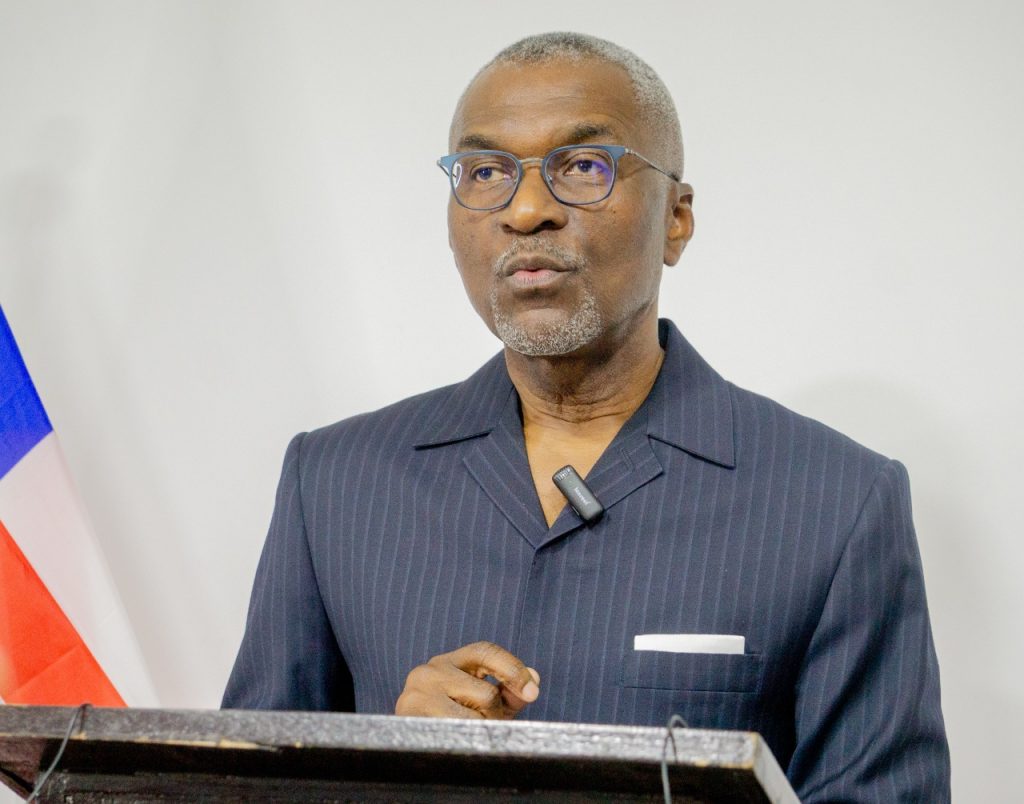Alexander B. Cummings, a prominent Liberian political figure and former presidential candidate, has issued a clarion call for a transformative shift in the mindset of Liberia’s youth. This call, delivered at the Alternative National Congress (ANC) National Youth Congress retreat, underscores the urgency of dismantling discriminatory practices based on tribe, religion, and gender, and emphasizes the crucial role of young people in shaping a more equitable and prosperous future for Liberia. Cummings argues that these identities are not chosen but inherent, making discrimination based on them fundamentally unjust. He stresses the need for a new generation of leaders to transcend these divisive classifications and embrace a vision of unity and inclusivity.
Cummings’ message goes beyond simply condemning discrimination; it advocates for a proactive approach to leadership that recognizes the inherent value and potential of every individual, regardless of their background. He particularly champions the inclusion of women in leadership positions, not as an act of charity, but as a strategic imperative for institutional success. He asserts that empowering women is not about granting favors but about leveraging their talents and perspectives to strengthen the fabric of Liberian society. This, he believes, is essential for achieving meaningful progress and development.
The former presidential candidate further challenges the youth to break free from the cyclical pattern of electing the same leaders and expecting different outcomes. He criticizes the prevailing political culture that perpetuates this cycle, emphasizing the need for fresh perspectives, a renewed work ethic, and a value system that prioritizes national development over self-enrichment. Cummings argues that true transformation requires a fundamental shift in the way leadership is perceived and practiced, moving away from self-serving agendas towards a genuine commitment to the welfare of the nation.
Central to Cummings’ vision for a revitalized Liberia is the empowerment of its youth through job creation and investment in education. He stresses the importance of providing young people with the skills and opportunities they need to thrive, advocating for increased investment in tertiary and vocational education. Furthermore, he recognizes the potential of non-traditional sectors like sports, arts, music, and entertainment as avenues for youth empowerment and economic growth, urging the government to prioritize these areas.
Cummings’ address to the ANC Youth Congress was not merely a call for change; it was a rallying cry for the rebirth of the party itself. He expressed his confidence in the youth’s capacity to lead this renewal, emphasizing the need for active participation from the women’s congress in forging a genuine alternative to the status quo. He envisions the ANC as a driving force for a new way of working, a force capable of bringing about the transformative change Liberia desperately needs.
The backdrop to Cummings’ message is a Liberia grappling with persistent poverty despite its abundant natural resources. He laments this paradox, questioning why a nation rich in iron ore, diamonds, and other valuable resources remains mired in economic hardship. He challenges the youth to demand a different approach to governance, one that ensures the benefits of these resources are shared equitably among the population, rather than being concentrated in the hands of a select few. This challenge, he believes, is crucial for breaking the cycle of poverty and unlocking Liberia’s true potential.














